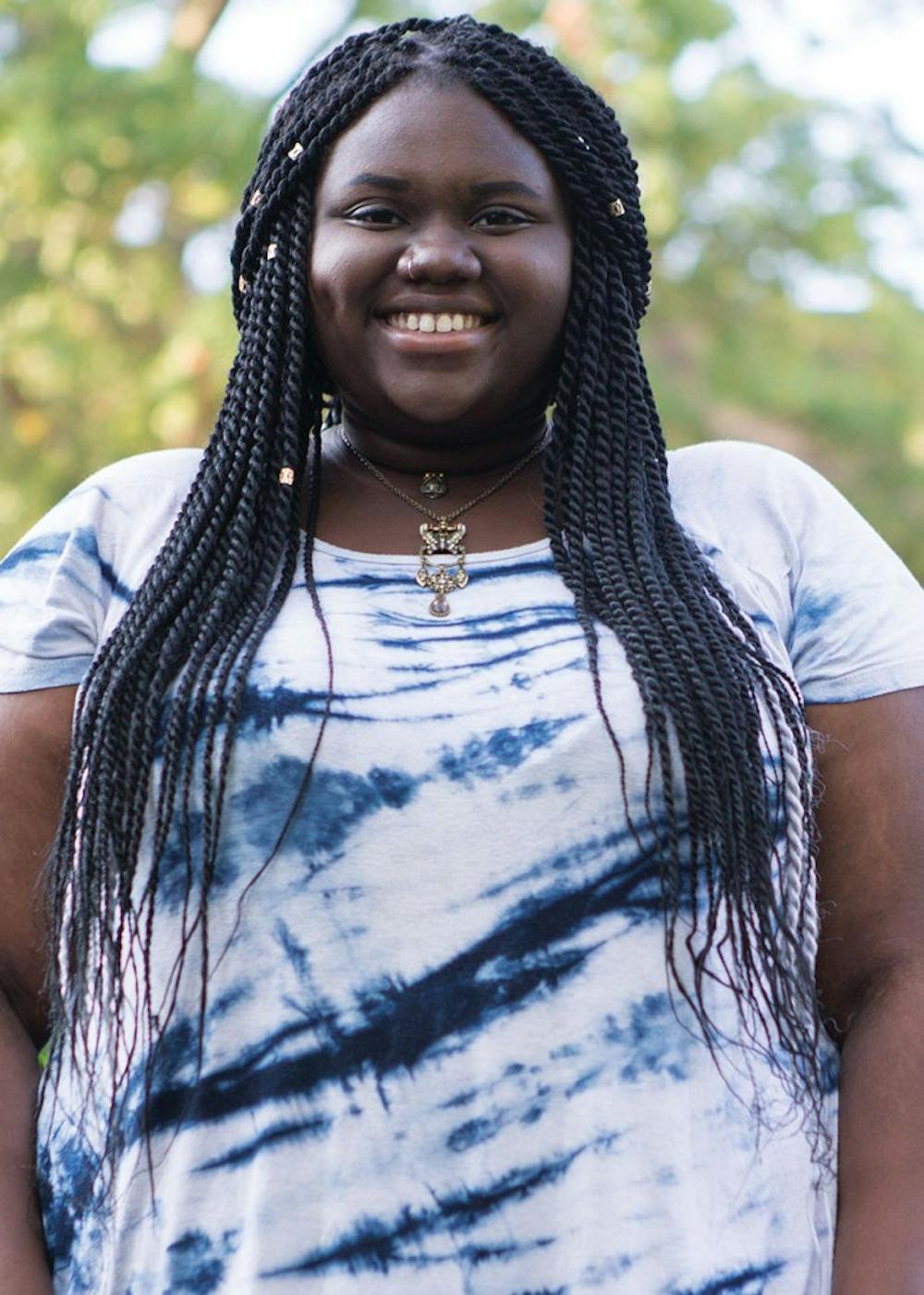Sexual comments and racist remarks can be found after a quick look at Yik Yak across the country.
Last year, a new anti-Twitter app came out that took college campuses by storm. Yik Yak is all about saying what’s on everyone’s mind without any accountability or emphasis on who you are. When I downloaded the app, I was fascinated. I felt like I was a part of some secret college club that my high school self would have been envious of. I quickly realized though that Yik Yak was some of my worst nightmares wrapped up in an app.
Based on my politics and views alone, I know some may say I am more “sensitive,” which is in fact extremely untrue. I know, however, I am not the only person who knows that when something involving sexual assault, politics or race relations happens on campuses or in the U.S., Yik Yak becomes a bustling feed of insight. The insight, however, isn’t what you’d think of as polite discourse.
Time and time again, I’ve scrolled through the app, deleting and reinstalling it because there is some kind of shock value every time. Whether it be something dripping in racist tone or perpetuating rape culture, Yik Yak feeds are scary. Is that how people feel at Ohio University and at other college campuses? Are students largely homophobic, transphobic and just plain bigoted?
{{tncms-asset app="editorial" id="165b4190-3d2b-11e4-be5d-001a4bcf6878"}}
The answer is most likely no. However, that doesn’t change the triggering nature of the app at times. Yik Yak doesn’t claim to be a place to have political discourse, and it doesn’t need to be. It’s a place to express frustrations, campus spirit and even just to find out if a dining hall is open. All of that can become clouded though, when after a few yak’s about partying, you see three or four racist jokes or rape references in passing.
I enjoy social media. Like any great pastime, it is a large part of my personal identity now because of how I was socialized. Censorship and the digital world do not have a good relationship, and I’m not calling for Yik Yak or universities to attempt to censor the app. There are serious problems with the app, however.
In May, a post on the app was considered hate speech at Syracuse University. In September 2014, there was uproar at Colgate University over yet another racist post. Those are only two of the dozens of examples one can find through a Google search of “Yik Yak” and “racism.” A quick online search for the app and “rape culture” brings up multiple articles, as well, and the same goes for a search including “homophobia.”
{{tncms-asset app="editorial" id="c441c6ee-3e1b-11e4-afa9-0017a43b2370"}}
A quick search also shows countless articles where university officials, The New York Times writers and students alike have expressed their concern that Yik Yak could be a breeding ground for abuse and hate.
The app uses location parameters that sets you in area and gives you the ability to post in that area’s feed. That means at OU, anyone on campus or in the surrounding community can post whenever they want. OU’s specific portion of Yik Yak is usually quite active, whether it be early in the morning or late at night. The posts range from silly to political to sexual in nature. Some call for action. Some call for laughs. However, there have been many times, including during F--kRapeCulture’s Homecoming march or during the walk out held last year for Mike Brown, in which Yik Yak was a disturbing display that was very anti-Bobcat Family.
Censorship is not the answer, but I think it is time Yik Yak and universities start to discuss how they want their campuses represented.
Kenyetta Whitfield is a sophomore studying journalism. Do you think Yik Yak can be problematic? Tweet Kenyetta @Ken_Whitty or email her at kw162913@ohio.edu.






